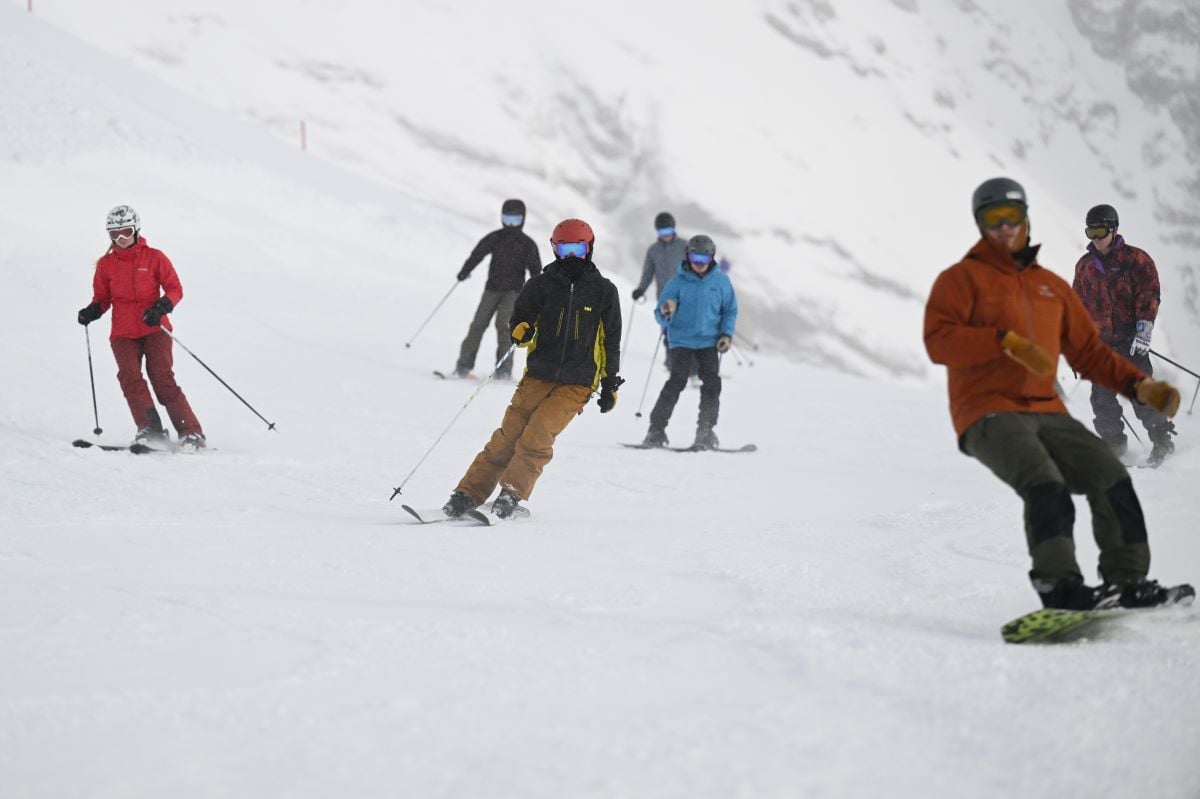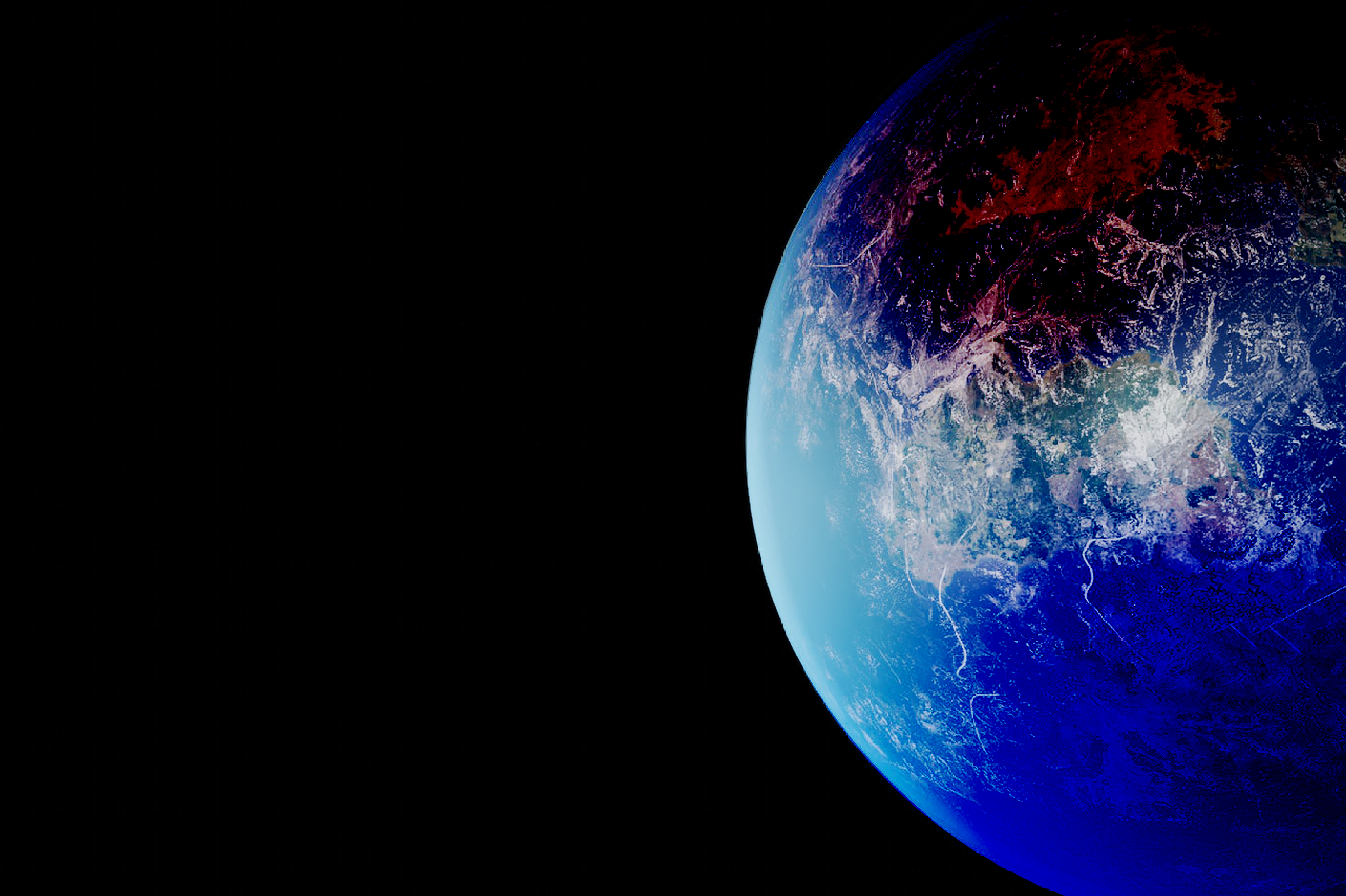Germany must cut its gas use by a fifth if it wants to prevent an energy shortage this winter.
If it fails to reach 20 percent gas savings, the country is at “serious risk” of an energy crunch, Klaus Müller, head of the federal network agency (BNA) and responsible for managing German gas supplies, told the Financial Times on Sunday (14 August).
It is a sign that energy saving has moved to the top of European political agenda, as most countries now have emergency gas-saving plans.
European Union countries formally adopted the bloc’s plan to curb gas use by 15 percent on Friday to save fuel for a winter of uncertain Russian supplies.
On Sunday, Swiss energy minister Simonetta Sommaruga told newspaper SonntagsBlick that her non-EU country would likely align with the EU scheme.
Like Germany, landlocked Switzerland gets almost half of its natural gas from Russia.
But Germany will have to save even more if it wants to prevent a crisis, the country’s top regulator said.
Germany’s ability to make it through the winter depends on the amount of gas it can store ahead of time.
Tank operators are required by law to fill up storage to 95 percent by 1 November.
Even if all tanks are filled, they will only have enough gas for two and a half months in the case of a Russian gas cutoff and will increase the chance of another gas crunch next winter.
Germany wants to wean itself off Russian gas by the summer of 2024.
In the short term, more gas imports from EU countries like Norway must flow into the country.
Government officials are also scouring the earth to secure overseas shipments of liquefied natural gas (LNG).
But low supply and high demand, and uncertainty over Russia’s gas deliveries this winter, have pushed benchmark gas prices up to €206 per megawatt hour on Friday, up from €66 at the beginning of the year, making it harder for operators to reach the 95-percent storage target.
And according to the International Energy Agency, prices are likely to remain high as the growth of LNG production will stall in the coming years following years of low investment in the previous decade.
In an effort to relieve pressure on the German economy, chancellor Olaf Scholz on Thursday pushed for the construction of a pipeline from Portugal via Spain and France to central Europe.
Scholz said that a pipeline connecting the Iberian peninsula with central Europe would “massively relieve the supply situation now”, adding that he had already spoken to leaders from Spain, Portugal, France and the European Commission about it.
But in a July warning, IAE’s director Fatih Bilal said, “it is categorically not enough to just rely on gas from non-Russian sources.”
Gas savings in the EU will have to exceed 12 billion cubic metres — enough to fill about 130 LNG tankers — for the block to reduce Russian gas imports by a third and stave off an energy crisis this winter.





















Discussion about this post